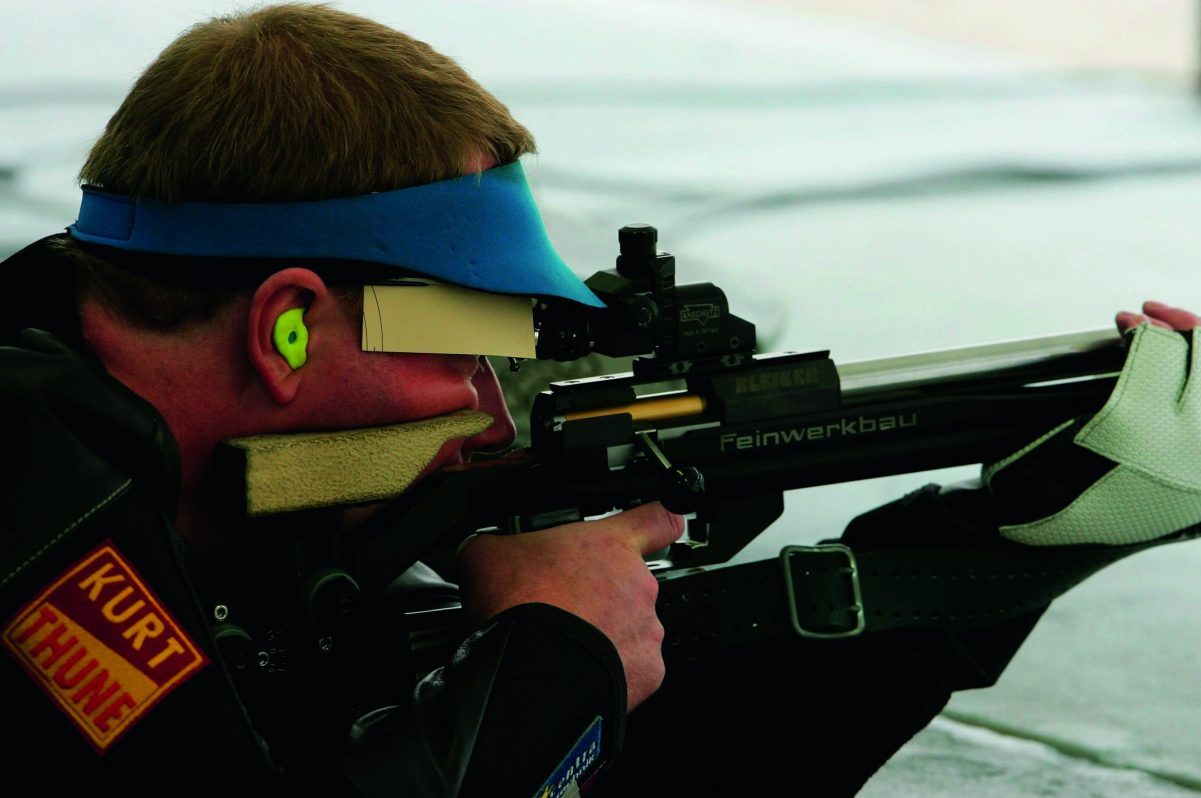New Firearms Bill set to close licensing loophole
Shooting galleries will now need a firearms certificate to possess guns, but an exemption remains in place for shooters at those rifle ranges

Target shooting is a popular sport
The Government has ended an exemption in the Firearms Act 1968 that allowed shooting gallery operators to possess guns without a firearms certificate (FAC). (Read more on getting an FAC licence.)
In the past, fairground galleries have been allowed to operate without an FAC thanks to a loophole that has also benefited many other small rifle ranges at schools and colleges. The Firearms Bill, which has passed all its House of Commons stages and is now with the Lords, will require those who run miniature ranges using .22 rimfire rifles to hold an FAC and be subject to the same checks as all other shooters. Range operators will also now be obliged to provide secure storage for rifles and ammunition.
Speaking at the committee stage of the bill, Jonathan Djanogly MP, chairman of the British Shooting Sports Council, acknowledged it was right that shooting gallery operators should be subject to the same safety checks as all other gun owners, but welcomed the fact that people will still be able to shoot at a miniature rifle range without holding a certificate.
“That exemption has provided an opportunity to introduce scouts, cadets, youth organisations, schools, colleges, universities and the wider public to the sport of shooting. I welcome the fact that the Government recognise the value of that exemption and are retaining it,” he said.
“Target shooting with small-bore rifles is a challenging sport that is open to men and women of all ages, and accessible to competitors with a wide range of disabilities. British shooters regularly achieve international success, and since 2000, the home nations competing at the Commonwealth Games have won seven gold, eight silver and eight bronze medals in small-bore rifle shooting,” added Mr Djanogly.
The new legislation follows a Government consultation on firearms safety and will also create a new offence of possessing components with intent to manufacture unauthorised ammunition.
Mr Djanogly told MPs that large numbers of law-abiding shooters reload cartridges. He commented: “It will no doubt remain a matter for the police and the courts as to how intent to manufacture ammunition unlawfully is to be proven. However, I am satisfied that in the case of lawful shooters, reloading ammunition that they have authority to possess, no offence is committed under the proposed legislation.”








